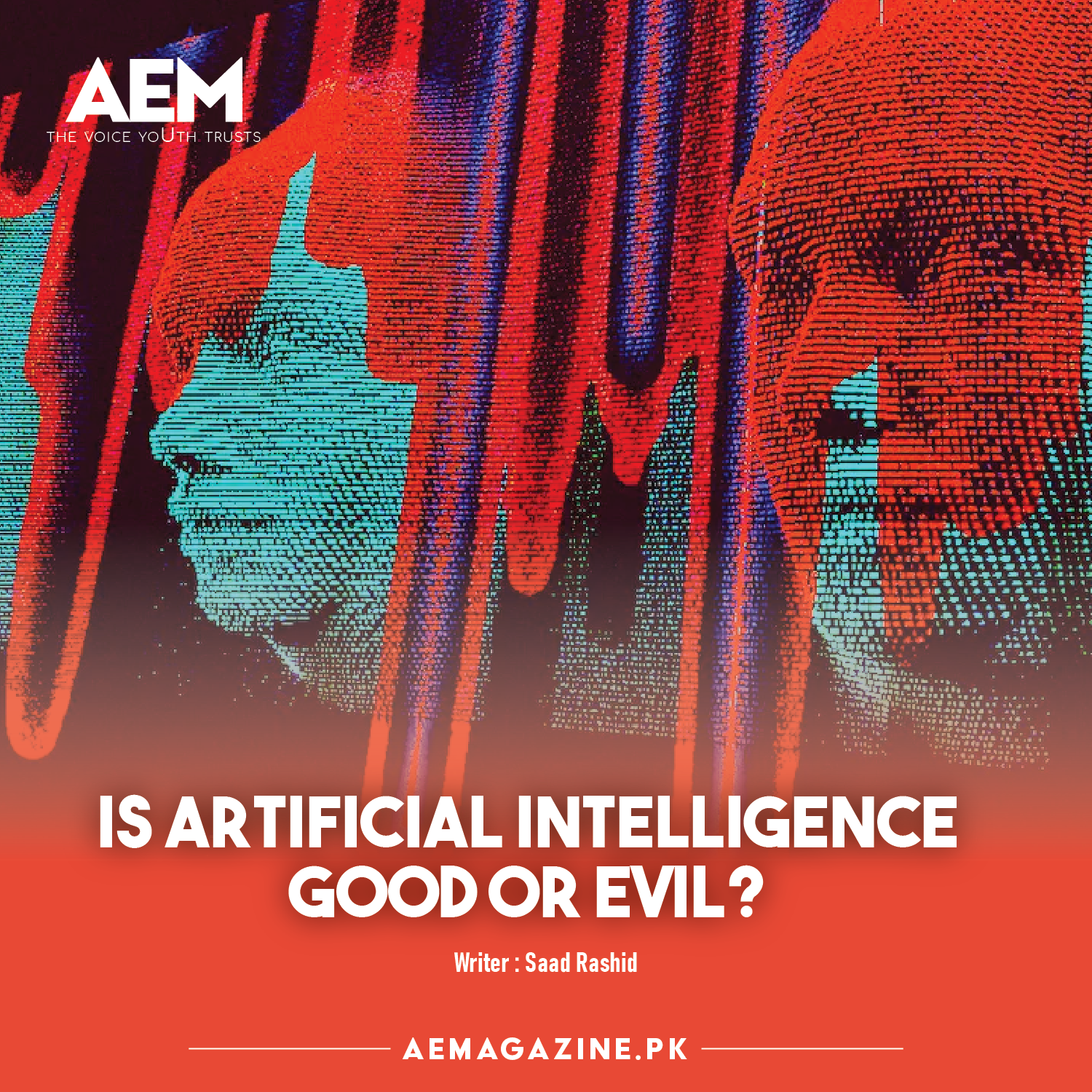
Article by
Artificial Intelligence (AI) has long been a dream of humans, a possibility that seemed too good to be true and was only seen in science-fiction films. However, with the advent of self-driving cars and apps like SIRI, this far-fetched fantasy has become a reality.
In 1950, John McCarthy coined the term "Artificial Intelligence," proposing that machines can be made to mimic every aspect of learning and intelligence. The goal of AI has been to develop a strong AI (or general AI) that can outperform humans in various activities, including everyday ones like solving equations or playing chess.
Today, AI is designed to complete more limited functions such as driving a car, performing internet searches, facial recognition, etc. While AI is often portrayed in movies as robots with human qualities, it can range from Google's search algorithms to IBM's Watson to automated weapons.
However, AI also comes with risks, including unsustainability, unemployment, misuse leading to threats, data discrimination, and making humans lazy. These risks must be carefully considered and addressed as AI continues to develop.
Ethics in AI is about continually asking questions, investigating, and doubting the technologies rapidly introduced into human existence. The scale of this problem is exacerbated by the computational power and data required by AI systems, which are growing to be huge. As AI's presence in society increases, many elements of the technology, especially its deep learning form, elude even expert practitioners' comprehension.
Ultimately, it's up to us to ensure that AI is developed and used in a responsible, ethical way that benefits humanity.
Artificial intelligence (AI) is a highly debated topic, with some people viewing it as a potential path to success, while others see it as leading humanity down a dangerous path. To evaluate these arguments, it is important to consider the benefits and risks of AI.
Benefits of AI include:
1- Reduction in Human Error: Computers can be programmed to evaluate information and make decisions without making errors.
2- High Accuracy: AI-powered computers can perform complex calculations and operations with greater precision than humans.
3- Available 24/7: Machines can work around the clock without error, making them ideal for repetitive tasks.
4- Training and Operation Cost Reduction: AI machines can learn quickly and improve continuously, reducing training costs.
5- Improved Processes: AI machines can collect and analyze vast amounts of data to provide insights into procedures, allowing for improvements.
6- Helping in Repetitive Jobs: AI can automate repetitive tasks, freeing up people to be more creative.
7- Digital Assistance: AI-powered digital assistants can communicate with customers and offer assistance.
Speed up decision-making: AI can make decisions and provide outcomes much faster than humans.
8- Daily Applications: Voice commands and AI are becoming more common in day-to-day tasks.
However, there are also risks associated with AI, including ethical concerns regarding authorship of AI-generated works of art and the use of AI for military surveillance and killing. It is important to weigh the benefits and risks of AI carefully to determine its role in our future.
AI has several risks associated with it, including:
1- Unsustainability: AI-based machines require a lot of computing power and rare earth metals, such as selenium, which puts a massive strain on the environment.
2- Unemployment: Machines taking over human jobs can lead to unemployment and other economic issues.
3- Misuse Leading to Threats: Autonomous vehicles and weapons could fall into the wrong hands, leading to devastating consequences.
4- Data Discrimination: AI-powered devices can gather and store user data without consent, leading to discrimination.
5- Making Humans Lazy: AI can eliminate the need for physical labor and lead to addiction to technology.
6- No Emotions: Machines lack the ability to form relationships with people, which is a crucial component of team management.
Lacking out-of-box thinking: Anything outside the machine's capabilities could cause it to fail.
7- Future Threat to Humanity: The possibility of machines achieving sentience and rebelling against humans is a significant concern.
AI can be dangerous if machines are programmed to do something devastating for achieving their goals. Despite these risks, many people believe that AI can help solve some of society's most pressing issues, such as climate change. The risks and benefits of AI depend on the decisions made while coding, deploying, and utilizing AI. Strong ethical rules and regulations are necessary to reduce the risks associated with AI.
 Monthly "Azeem English Magazine", launched in 2000, records the information about diverse fields like mental health, literature, research, science, and art. The magazine's objective is to impart social, cultural, and literary values to society.
Monthly "Azeem English Magazine", launched in 2000, records the information about diverse fields like mental health, literature, research, science, and art. The magazine's objective is to impart social, cultural, and literary values to society.
+92 51 88 93 092
First Floor, RAS Arcade, Eidhi Market, Street#124, G-13/4, Islamabad, Pakistan, 44000.